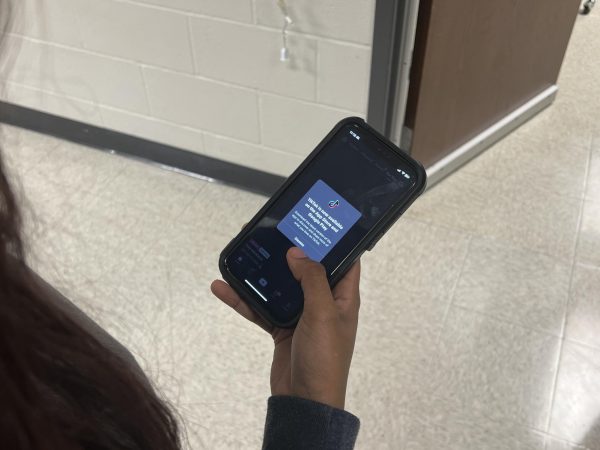Peshawar School Attack Reminds Americans of Sandy Hook Shooting
Most of the time, we seem so far removed from what is going on in the Middle East. Caught up in our American first world problems and used to hearing about such a bleak situation in that area, it is easy to overlook daily occurrences, appeasing ourselves by simplifying any news we hear with words like “war,” “Muslim” and “terrorist.”
Nevertheless, the Peshawar school attack that took place in Peshawar, Pakistan on Dec. 16, is definitely not an event that can be ignored. Especially when about two years ago a similar situation occurred at Sandy Hook Elementary School in Newtown, Connecticut devastating the nation.
Seven members of the Taliban carried out a terrorist attack, the deadliest since a car bombing in 2007, on The Army Public School. Opening fire on school staff and children, they managed to kill 148 people- the majority being students. The army’s special forces group was able to execute a fairly successful rescue operation, killing all assailants and saving 960 people. However, the bloodstained floors and bullet-ridden walls of the torn-up school speak multitudes for the severity of the attack, appropriately being called a massacre, highlighting the amount of young lives lost in such a violent fashion.
The Taliban claim that the attack was in response to the military offensive in North Waziristan, where almost 90 percent of the area has been cleared of terrorist groups. They targeted sons of army personnel as revenge for their lost families. In addition, it is speculated that the attack is retaliation for Malala Yousafzai’s Nobel Peace Prize. She was the young woman who was shot by the Taliban for advocating education, especially for females. Regardless of the reason, these children were innocent and nothing is more tragic than when a place of learning fails to be a safe haven. These students, not unlike myself, attended school with the intent of receiving an education and were gunned down. More casualties in the War on Terrorism, of which they have no part in.
This massacre, with its victims age 8 to 18, can be compared to Sandy Hook, the school shooting in 2012 where 20 elementary children were killed. But this is not a case of gun control or a mentally-disturbed young man, the Peshawar school shooting was a planned attack that was a product of terrorism. In both cases, young lives were cut short far too early. In reaction, people and especially students around the world have held candlelight vigils, protests and marches in mourning of the Peshawar victims.
The most important result though, in response to a call for a strong reaction against militants, is the lifting of the moratorium on the death penalty in terror-related cases by the Pakistani Prime Minister. The ban on the execution of terrorists has been present since 2008, allowing them to feel a sense of security and at times even escape from Pakistan’s prison system. This action taken by the government is a big step for Pakistan, which has long been accused by the U.S. of harboring terrorists especially after Osama bin Laden was killed there.
Six terrorists have already been put to death including the key figure who organized the school shooting, with 500 more set to be executed soon. While some world leaders are coming out to condemn the prime minister’s choice to lift the ban, it is the right move. This is not a question of if the death penalty is the moral thing to do. Pakistan can no longer stand for terrorism within their country, and now is the time to show a strong resolve by acting quickly and efficiently to ensure that something of this scale never happens again.
The Peshawar school massacre, which is being referred to as Pakistan’s “9/11,” has served as a much needed wake-up call for their government to avenge these lost schoolchildren and the many other lives lost to acts of terrorism.











